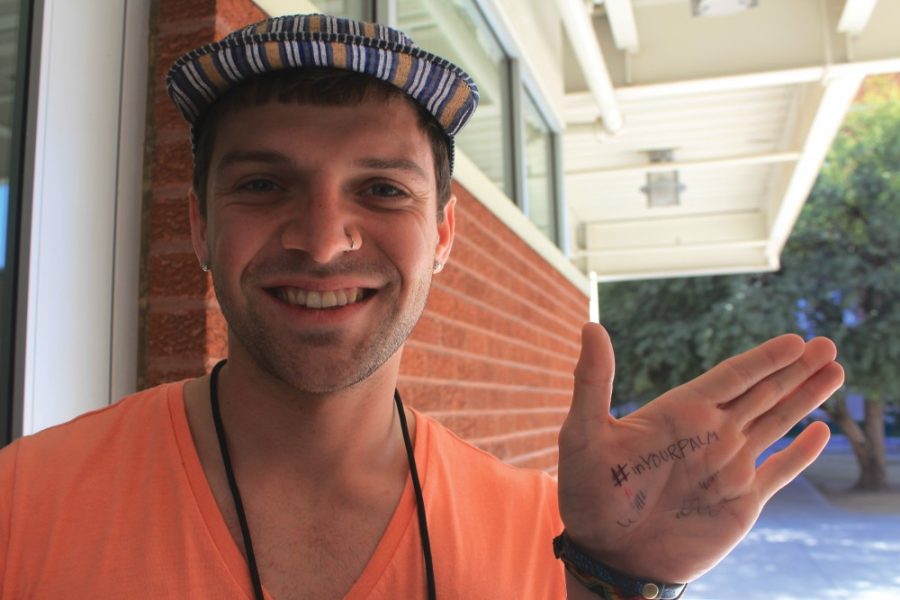A club on campus is looking to make students aware of the environmental impact of palm oil use.
The UA Palm Oil Awareness Initiative was founded by Stacey Tecot, an assistant professor in the School of Anthropology, and Kim Kelly, an anthropology graduate student, when they began looking into the environmental damage caused by palm oil plantations.
Tecot originally discussed the subject of palm oil in relation to the destruction of orangutans’ habitats in her primate sexuality course, but she soon learned that there was more to the production of the oil than just deforestation.
“More recently, as I started researching a little bit more about palm oil, I found out that it’s not just about threatening endangered species, it’s also about forced child labor and slavery,” Tecot said.
“People are being treated really poorly; they’re paid about 2 cents an hour for their work and they’re living in really awful conditions.”
Kelly said that the more she and Tecot learned about the palm oil issue, the more concerned they became.
“Stacey and I talked about this, and the more we thought our way through this issue, the more we realized that we couldn’t just sit on the sidelines and watch this,” Kelly said in an email.
For this reason, Tecot and Kelly founded the UAPOAI with the purpose of bringing palm oil issues to people’s attention.
“It’s used in fuels, it’s used in cleaning products and makeup and toiletries and food and all other places,” Tecot said.
According to Nicolas Alexandre, president of UAPOAI and an ecology and evolutionary biology junior, the equivalent of 300 football fields worth of rainforests are destroyed every hour.
This deforestation not only destroys the habitats of many endangered species like orangutans, but is also a major contributor to climate change, according to Kelly.
“Because of the loss of rainforests due to clear cutting and burning to clear land to plant palm oil plantations, Indonesia becomes the world’s largest emitter of greenhouse gasses during El Niño years,” Kelly said.
The club’s overall goal is to provide people with more knowledge on palm oil, which Alexandre said has catastrophic implications.
“We’re not trying to make people stop eating palm oil, we’re trying to make people aware,” Alexandre said. “We’re trying to make people know that they actually have a decision.”
Last October, the club participated in Food Day to generate awareness, where members talked to more than 300 people about palm oil issues and handed out wallet cards with a shopping guide to help people make informed decisions at grocery stores.
UAPOAI is also using a social media campaign to protest the use of palm oil. The “In Your Palm Campaign” from the Rainforest Action Network encourages people to write #inyourpalm on the palm of their hands and upload to the RAN site. From there, RAN will collect all of the photos as a photo petition and send it to 20 snack food companies in the U.S. and abroad to encourage them to switch from using palm oil in their products.
Tecot said that the most important thing to her was making UAPOAI a club that educates rather than scares.
“[We want to] change behavior through educating people, not by shaming people,” Tecot said. “I know a lot of other organizations do that — they use scare tactics and videos that are really sensationalized, but we just want people to make smart decisions.”
An earlier version of this article incorrectly stated that the United States is the world’s largest importer of palm oil. The United States is not the largest importer of palm. The article has been updated to reflect this correction









